GORDON PARSONS is bowled over by a skilfully stripped down and powerfully relevant production of Hamlet
A shout from without
LYNNE WALSH regrets that unity is denied to a fine cast let down by the baffling spectacle of a poor lead performance
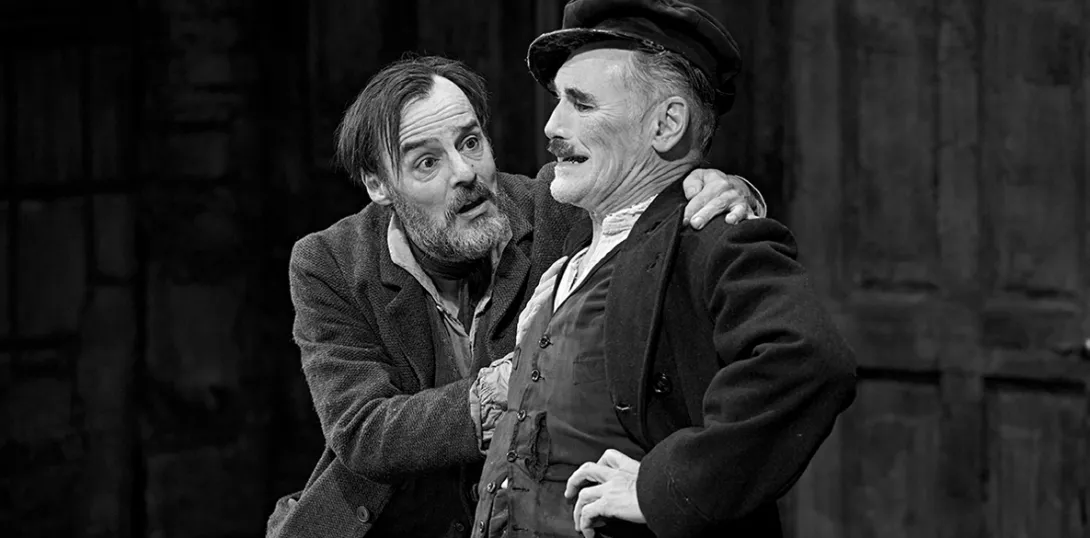
Juno and the Paycock
Gielgud Theatre, London
CAN you hear that spinning sound, ma chara? That’ll be the genius playwright Sean O’Casey rolling in his imagined grave.
The cause lies in this latest iteration of his trailblazing work, first performed a century ago.
It should be said that there are some four and five-star performances in this production. Unfortunately, its biggest name, the much-lauded Mark Rylance does not deliver one. Instead, his is a baffling spectacle, a mumbling, eye-rolling extravaganza, manifesting the alcoholic bully “Captain” Jack Boyle as a rather exhausting caricature.
More from this author
The phrase “cruel to be kind” comes from Hamlet, but Shakespeare’s Prince didn’t go in for kidnap, explosive punches, and cigarette deprivation. Tam is different.
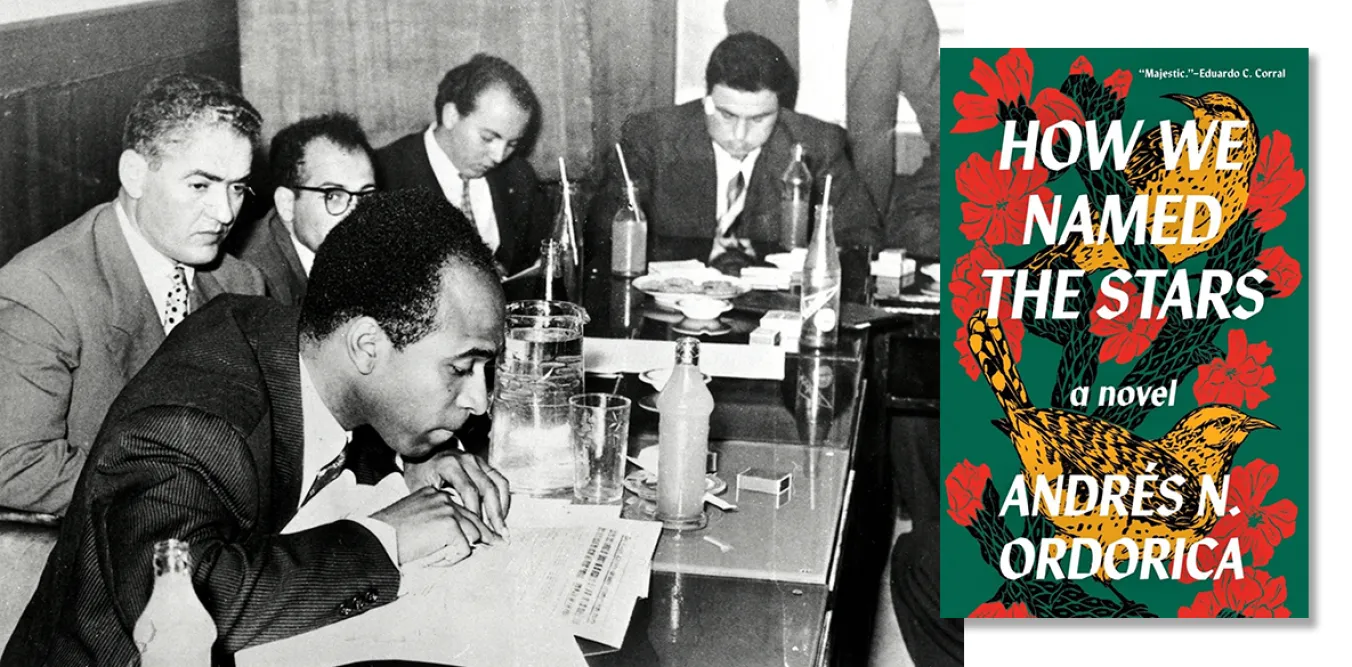
ANGUS REID deconstructs a popular contemporary novel aimed at a ‘queer’ young adult readership

A landmark work of gay ethnography, an avant-garde fusion of folk and modernity, and a chance comment in a great interview

ANGUS REID applauds the inventive stagecraft with which the Lyceum serve up Stevenson’s classic, but misses the deeper themes
Similar stories
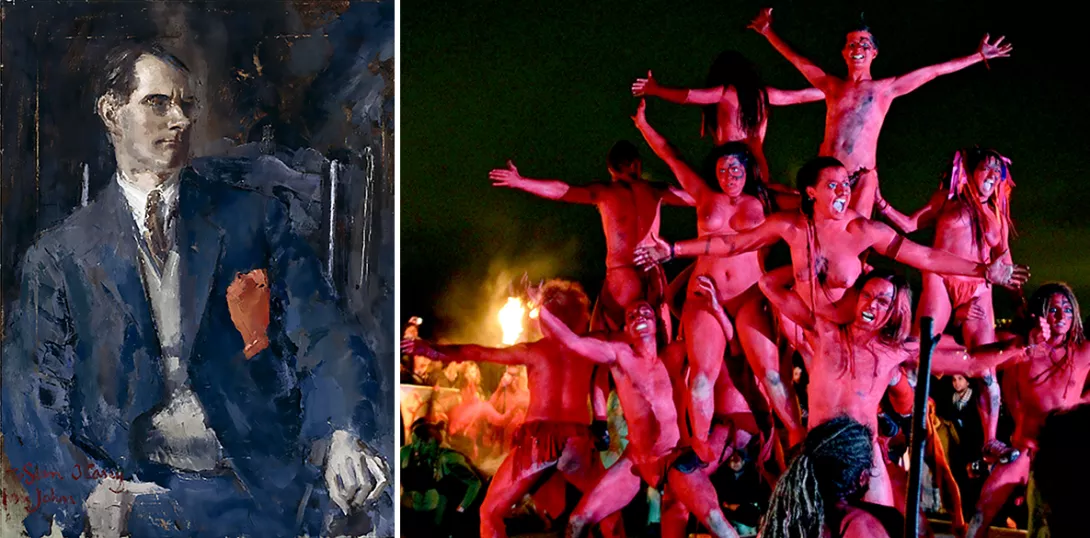
On the 60th anniversary of the playwright’s death JENNY FARRELL draws attention to the potential for revolution portrayed in his little known late work

The Star's critic MARIA DUARTE salutes a frenetic and funny political comedy drama whose battleground is Belfast and where the weapons are words
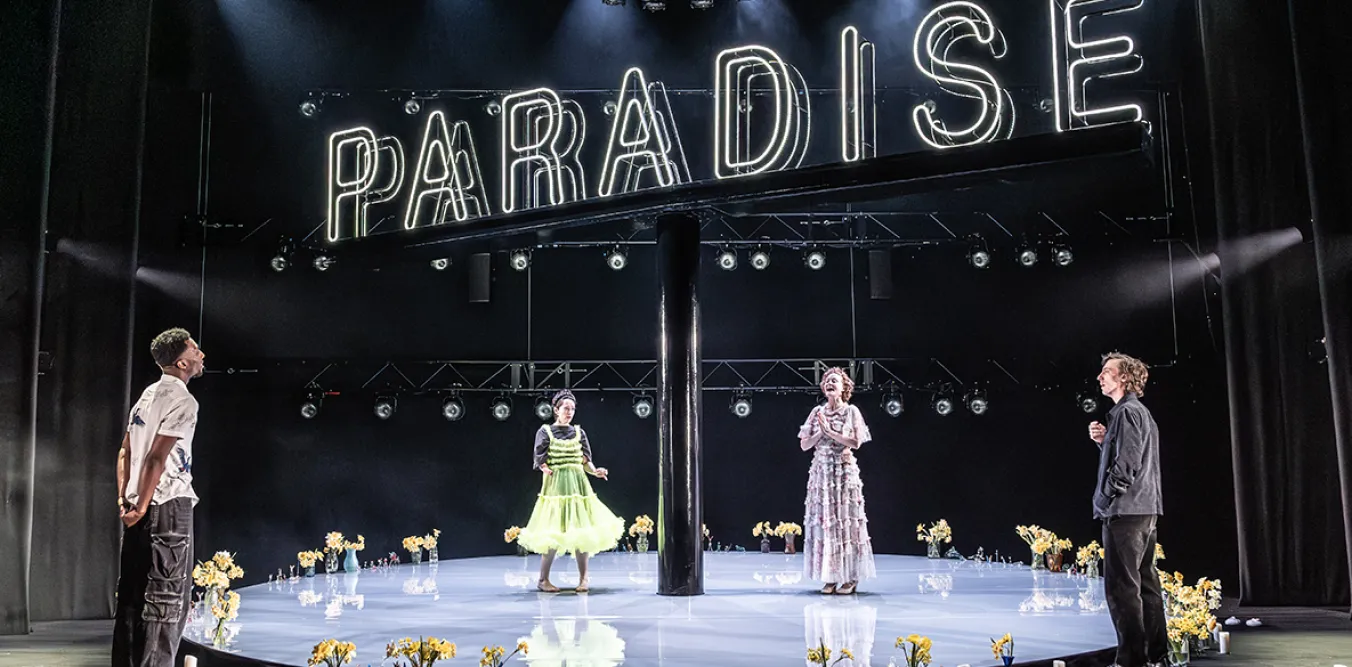
SIMON PARSONS marvels at a production of Williams’s early masterpiece that transforms the play into a symbolic slow dance of tensions, fears and desires
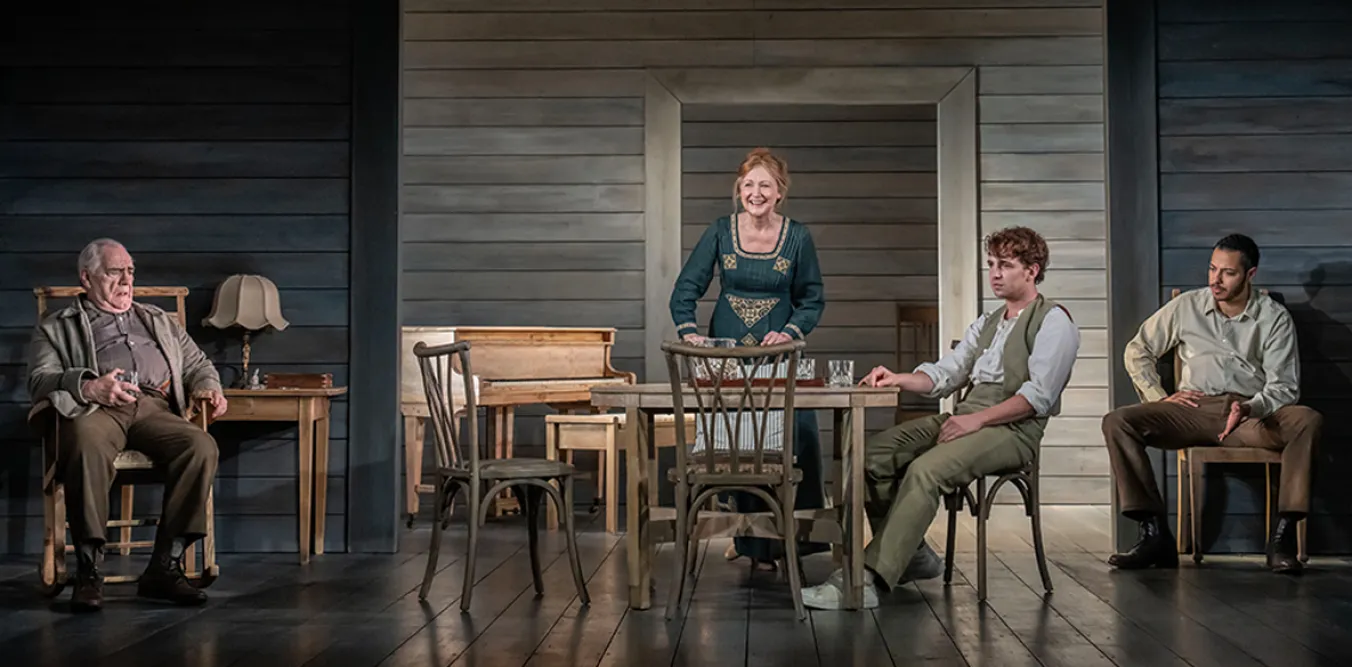
MARY CONWAY is spellbound by an outstanding and relentless rendition of the universal family drama









